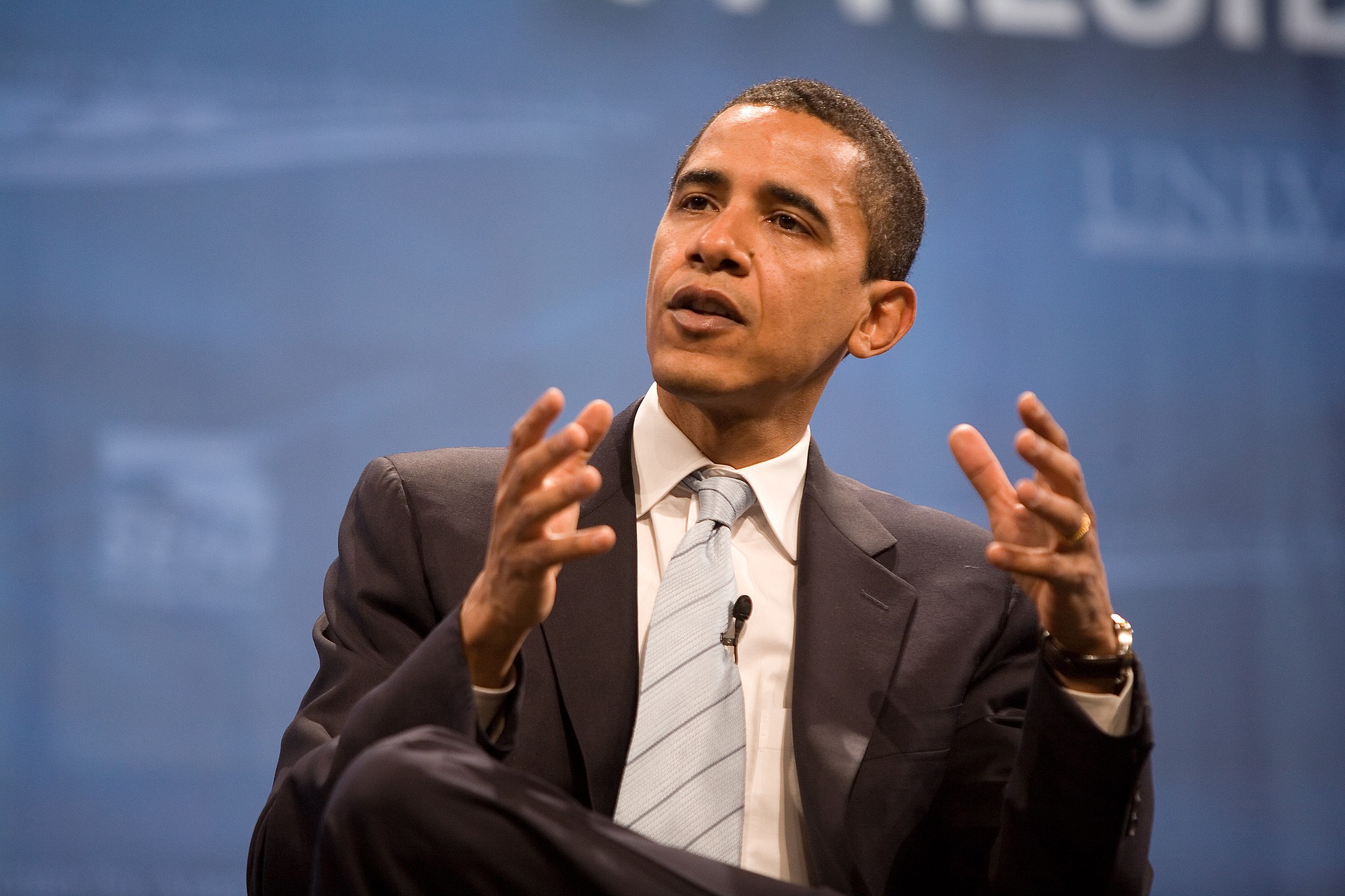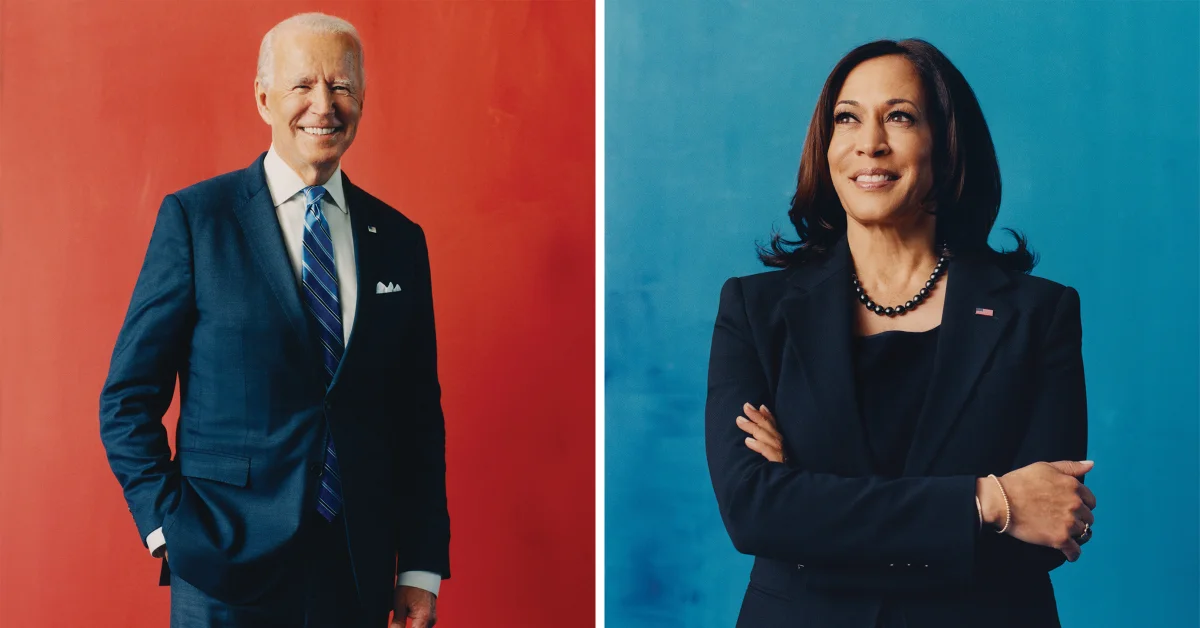This could mean real trouble for President Trump if true.
Michael Cohen’s congressional testimony regarding his former boss—President Trump—was gripping and, in ways, unprecedented. But did it reveal anything new?
The answer is yes. Cohen spent 10 years as a top official at the Trump Organization, Trump’s real estate business, and as Trump’s personal lawyer. Much of his testimony affirmed information already made public in legal filings and news reporting. But Cohen provided important new details on Trump’s operations as a celebrity businessman and presidential candidate. Here are four revelations that represent new dangers to Trump:
The campaign finance felony. Last August, Cohen pleaded guilty to campaign-finance violations for his role in arranging a $130,000 hush-money payment made to Stormy Daniels in 2016, to buy her silence regarding an affair she had with Trump 10 years earlier. Legal documents at the time implicated Trump in the crime without naming him. In his testimony, Cohen said Trump was directly involved in every facet of the payment, even though the initial money came from Cohen’s personal accounts. He also said that as recently as last year, Trump, as president, told him to lie about the payment and say Trump personally had no knowledge of it.
Trump paid Cohen back in a series of payments that occurred in 2017, when Trump was president. Cohen provided copies of two checks, for $35,000 each, that were installments in the reimbursement, he said. One was signed by Trump. The other bore the signatures of Allen Weisselberg, chief financial officer of the Trump Organization, and of Trump’s son Donald, Jr., according to Cohen. While not bulletproof, this is the clearest public evidence yet that Trump participated in the same crime Cohen will soon be doing jail time for. Federal prosecutors are unlikely to charge a sitting president with a crime. But once Trump is no longer president, they could.
Allen Weisselberg’s role. As the Trump Organization’s CFO and a participant in the Trump family businesses for decades, Weisselberg probably knows far more than Cohen about where Trump’s money comes from and goes. He has reportedly received immunity from prosecutors in exchange for cooperating with investigations into Trump’s businesses. Cohen mentioned Weisselberg several times in his testimony, and described him as directly involved in the Stormy Daniels payment, suggesting that Weisselberg, too, is culpable for a crime Cohen is going to prison for. If Russia exerted or tried to exert influence over Trump through business dealings, Weisselberg would be one person likely to know. And if prosecutors can hang a crime on Weisselberg, they have leverage to get him to spill the beans. There have been no legal filings, and few news stories, about what Weisselberg might be telling prosecutors. But Cohen’s testimony suggests it could be a lot.
Other “catch-and-kill” stories. During the 2016 campaign, AMI, parent company of the National Enquirer, paid Karen McDougal, another woman Trump had an affair with, $150,000 for the rights to her story—which it never published. The tactic is known as “catch and kill,” since it prevents damaging material from being published. One member of the House committee asked Cohen how catch-and-kill works, and whether he knew of other such episodes involving Trump. “I was involved in several catch-and-kill episodes,” Cohen testified. “There were several other arrangements prior to when I started working for Trump.” So reporters are undoubtedly on the hunt for other unpublished Trump scandals. Cohen helpfully suggested that Weisselberg, along with AMI executives David Pecker and Dylan Howard, would be the ones to ask.
Trump’s grades and SAT scores. Cohen described how Trump had him threaten lawsuits against schools he attended and the College Board, if they ever released his grades or SAT scores. That suggests Trump’s marks were embarrassingly low. So hordes of reporters, needless to say, are also now pressing for Trump’s marks while attending New York Military Academy (Trump’s high school), Fordham University (where he completed two years of college) and the University of Pennsylvania’s Wharton School, where he did well enough to earn his bachelor’s degree. At least there’s no crime in getting underwhelming grades.
Src: Yahoo


